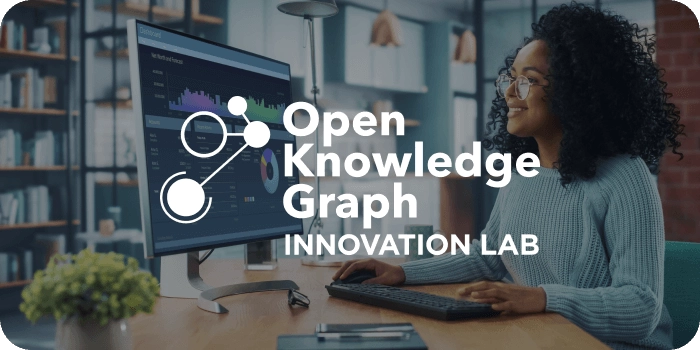Details
As enterprises are eager to invest in AI and ML, CDAOs and heads of data management are being called on for help to rapidly scale generative AI prototypes into production. But what does that really mean? How should data and AI management evolve to support this requirement? This session explores key strategies for the new world. We’ll delve into tackling operating models, deployment complexity and cost. We will cover techniques for optimizing performance, ensuring security, automation at scale and adhering to regulations – all crucial for real-world implementation. Join us to discover how generative AI is maturing in 2024, with a focus on:
- Foundational and technical requirements
- Evolution in data and LLM operations
- Criticality of orchestration and flow-engineering techniques
- Best practices in responsible AI guardrail implementations
We will explore real-world examples and learnings, providing a practical perspective to these strategies.
Speakers
Post-event summary
The webinar titled “Navigating generative AI complexity: Scale from promise to production” hosted by EDM Council and Kyndryl, delved into the strategic implementation and scaling of generative AI within enterprises. The discussion highlighted the critical role of Chief Data Officers (CDOs) in advancing AI and ML initiatives to production levels, emphasizing the urgency for enterprises to invest in these technologies.
- Raju Karuppiah, Director, Customer Enterprise Architect, Kyndryl
- Seth Rogers, Associate Director, Data Consulting, Kyndryl
- Moderator: Mike Meriton, Co-Founder, EDM Council
The session covered key strategies for managing the complexities of generative AI, focusing on operating models, deployment intricacies, cost optimization, performance enhancement, security, and automation.
Seth discussed the rapid integration of AI technologies, stating, “The rate of adoption has been totally ferocious,” and elaborated on the importance of right-sizing AI models to balance cost and performance effectively. He stressed the necessity of robust AI governance frameworks to ensure efficient and ethical AI management.
Raju presented a five-step approach for transitioning from prototype to production, which includes solidifying data strategy, setting up AI factories, rigorous testing, cost engineering, and continuous improvement. He highlighted the importance of a responsible AI governance framework, advocating for the centralization of AI and data governance to ensure ethical and effective AI deployments.
The webinar featured real-world examples, such as an international airport utilizing generative AI for sentiment analysis to improve customer engagement and a government agency employing AI for contract review and lifecycle management. These case studies demonstrated the tangible benefits and transformative potential of generative AI in various sectors.
The session concluded with a discussion on building a trustworthy and impactful generative AI system that aligns with organizational goals and social values, emphasizing continuous monitoring and human-AI collaboration to ensure responsible AI use.




